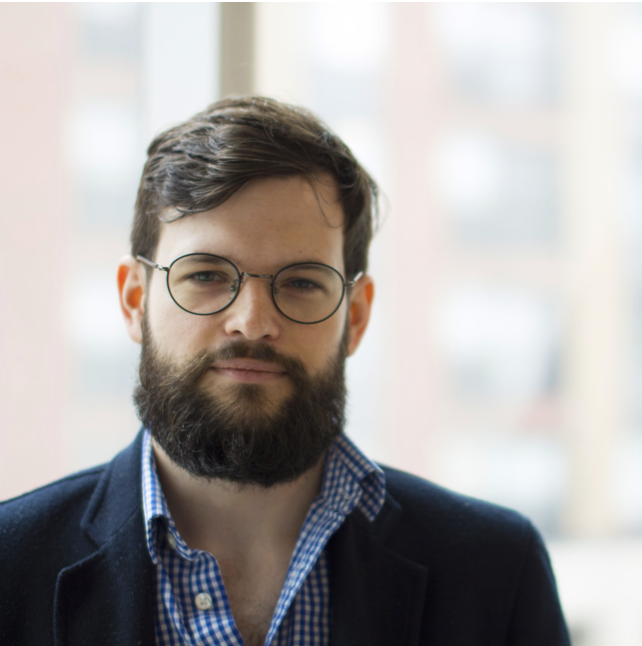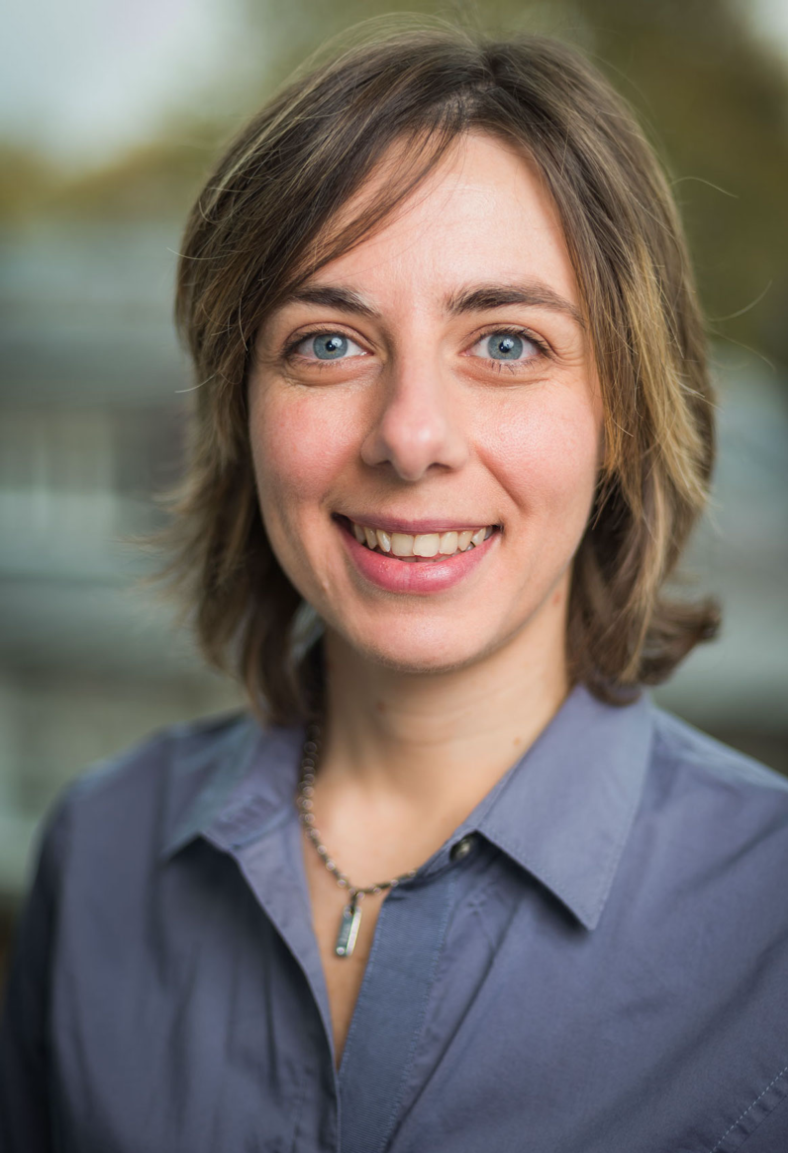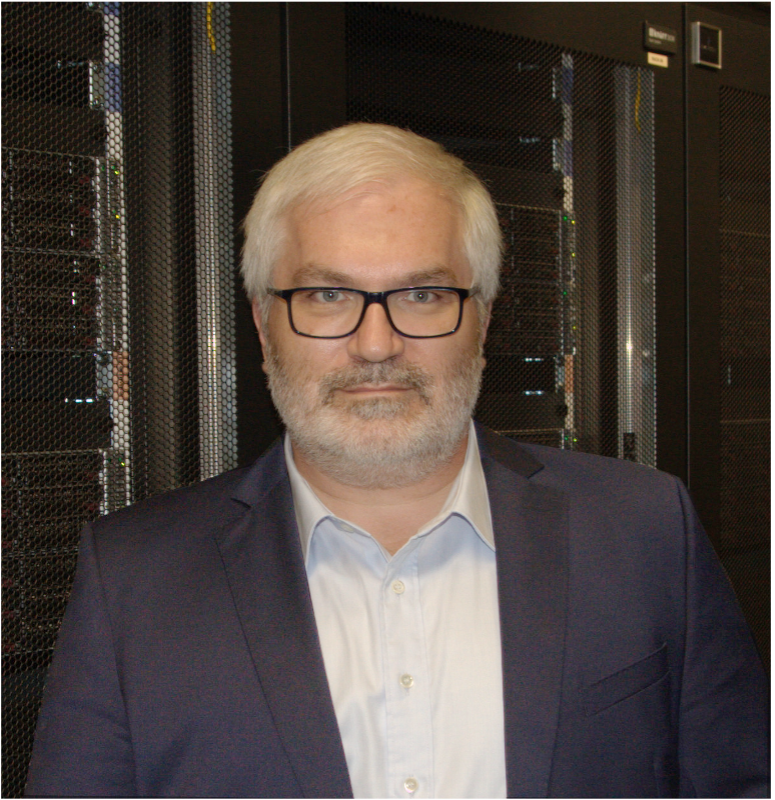Keynote Speakers
Speakers
Mathieu Nayrolles, Ubisoft, Montréal, Canada
Title: Pushing the Limits of Video Game Performance: A Performance Engineering Perspective
Ubisoft constantly pushes the boundaries of game development to create immersive worlds that capture the imagination of millions of players worldwide. To achieve this, performance engineering plays a crucial role in ensuring that games run smoothly on various platforms and devices.
In this talk, we will explore the latest advancements in the field of performance engineering for video games, focusing on runtime performance, network optimization, backend and database optimization, and cloud gaming. We will discuss how machine learning techniques enhance classical profiling and optimize game engine scheduling.
Additionally, we will address the challenges of deterministic replication of assets between clients and optimizing micro- services for cloud gaming experiences. Lastly, we will touch on the importance of performance engineering for non-code aspects of game development, such as animation, textures, props, and assets.
Short Bio

Mathieu is a highly experienced technical leader and data scientist with more than a decade of experience. He obtained his Ph.D from the Intelligent System Logging and Monitoring lab (Concordia, Montréal, Canada) in 2018. He is now a Technical Director at Ubisoft where he dedicates his time to software quality, productivity, debugging, and profiling.
As a passionate advocate for driving organizational change and democratizing data-science and machine learning in the video game industry, Mathieu has a unique combination of technical expertise, analytical skills, and management acumen to guide upper-level executives, development teams, and research teams to success.
Mathieu has taught thousands of students and professionals and presented at various international scientific conferences, such as MODELS, MSR, CPPCON and ASE. He has also written several books on open-source technologies and delivered dozens of keynotes in scientific and industrial settings.
Federica Sarro, University College London, United Kingdom
Title: Automated Optimisation of Modern Software System Properties
Realizing modern software systems poses new challenges to the software engineers: Users of applications running on limited capability devices still demand acceptable performance; users of systems relying on artificial intelligence to take decision (rightly) reclaim a fair treatment; users of social networking systems expect to be protected against malicious behaviours. Moreover, AI-enabled software systems are so energy-greedy that their usage is causing an alarming surge in energy consumption with a significant increase in CO2 emissions.
Equipping software with appealing functionalities and minimising faults, is not enough if the emerging non-functional properties of these systems, such as fairness, safety and sustainability, are not taken into account. Mobile users will stop using an app if it is too slow or uses much bandwidth. Human bias can be trans- ferred to various real-word systems relying on ML: Bias has been found in advertisement, recruitment, admission processes, among others, and human rights. A growing number of malicious users use well-intentioned software platforms as a tool to attack the innocent users with whom they share the platform. Examples of such harmful acts are sadly too many to list; they include bullying, harassment, hate speech, misinformation, election interference, scamming and spamming. ChatGTP is an AI model able to answer a variety of questions, compose essays, have philosophical conversations, and even code or fix bugs. However, all these come at a high cost: ChatGPT has been estimated to consume the equivalent of the electricity consumed by 175,000 people in Denmark per month 1.
In this keynote, I will discuss the necessity to take these properties into account when realizing these type of systems, and the extent to which it is possible to automate their optimization. I will discuss existing solutions mainly based, but not limited to, multi-objective optimisation. In fact, we cannot expect that a software engineer, regardless of their level of expertise, would be able to manually find all opportunities for optimising these non-functional properties. I will review research trends, presenting results from the SOLAR group and others 2. I will also discuss some directions for future work and open-challenges towards achieving better, fairer, safer and greener software.
Short Bio
 Federica Sarro is a Professor of Software Engineering in the Department of Computer Science at UCL, where she is the Head of the Software Systems Engineering group and has established the SOLAR team within the CREST centre.
Federica Sarro is a Professor of Software Engineering in the Department of Computer Science at UCL, where she is the Head of the Software Systems Engineering group and has established the SOLAR team within the CREST centre.
Her expertise lies at the intersection of software engineering, software optimisation, machine learning and evolutionary computation. She has carried out research on Machine Learning for Software Engineering and Software Engineering for Machine Learning with a focus on automatic software testing, repair, optimisation, software fairness, and predictive analytics for project management and quality assurance. She has published over 100 peer-reviewed scholarly articles, and given several invited talks at academic and industrial international events. She has led the international community in the development of predictive modelling for Software Engineering, and led scientific advances in the areas of Search-Based Software Engineering and Empirical Software Engineering.
Professor Sarro has obtained numerous awards and generous funding for her research. She has also worked with several companies including Meta, formerly known as Facebook, Google and Microsoft. In 2021, she was awarded the Rising Star Award by the IEEE Technical Community on Software Engineering in recognition of her “excellence in Software Engineering research with scholarly and real-world impact”.
Georg Hager, FAU Erlangen-Nürnberg, Erlangen, Germany
Title: Application Knowledge Required: Performance Modeling for Fun and Profit
In High Performance Computing, resource efficiency is paramount. Expensive systems need to be utilized to the maximum of their capabilities, but deep insight into the bottlenecks of a particular hardware-software combination is often lacking on the users’ side. Analytic, first-principles performance models can provide such insight. They are built on simplified descriptions of the machine, the software, and how they interact. This goes, to some extent, against the general trend towards automation in computer science; the individual conducting the analysis does require some knowledge of the application and the hardware in order to make performance engineering a scientific process instead of blindly generating data with tools that are poorly understood.
This talk uses examples from parallel high-performance computing to demonstrate how analytic performance models can support scientific thinking in performance engineering: Sparse matrix-vector multiplication, the HPCG benchmark, the CloverLeaf proxy app, and a lattice-Boltzmann solver. Interestingly, the most intriguing insights emerge from the failure of analytic models to accurately predict performance measurements.
Short Bio
 Georg Hager holds a PhD and a Habilitation degree in Computational Physics from the University of Greifswald. He heads the Training and Support Division at Erlangen National High Performance Computing Center (NHR@FAU) and is an associate lecturer at the Institute of Physics of the University of Greifswald. Recent research includes architecture-specific optimization strategies for current microprocessors, performance engineering of scientific codes on chip and system levels, and structure formation in large-scale parallel codes. He served as a PI in the ESSEX (Equipping Sparse Solver for Exascale) project within the SPPEXA DFG priority program. Georg Hager has authored and co-authored over 100 peer-reviewed publications and was instrumental in developing and refining the Execution-Cache-Memory (ECM) performance model and energy consumption models for multicore processors. In 2018, he won the “ISC Gauss Award” (together with Johannes Hofmann and Dietmar Fey) for a paper on accurate performance and power modeling.
Georg Hager holds a PhD and a Habilitation degree in Computational Physics from the University of Greifswald. He heads the Training and Support Division at Erlangen National High Performance Computing Center (NHR@FAU) and is an associate lecturer at the Institute of Physics of the University of Greifswald. Recent research includes architecture-specific optimization strategies for current microprocessors, performance engineering of scientific codes on chip and system levels, and structure formation in large-scale parallel codes. He served as a PI in the ESSEX (Equipping Sparse Solver for Exascale) project within the SPPEXA DFG priority program. Georg Hager has authored and co-authored over 100 peer-reviewed publications and was instrumental in developing and refining the Execution-Cache-Memory (ECM) performance model and energy consumption models for multicore processors. In 2018, he won the “ISC Gauss Award” (together with Johannes Hofmann and Dietmar Fey) for a paper on accurate performance and power modeling.